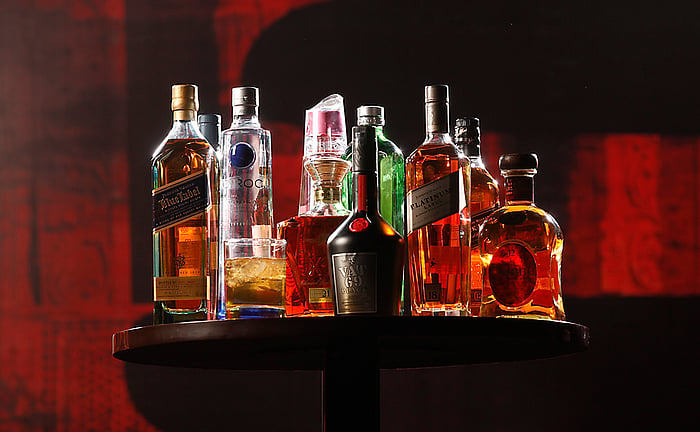Exit polls are indicating a landslide victory for the Bharatiya Janata Party in Delhi (BJP) in Delhi, and if it were to come true, it would mean the end of a decade of Aam Aadmi Party (AAP) rule in the national capital.
While political pundits are busy talking about the implications it can have on the political and electoral landscape of the country, the results, if it were to come true, could also have significant implications for the alcobev sector, which has been grappling with regulatory uncertainties under the existing excise policy.
Delhi, one of the most urbanised states in India, holds strategic importance for the alcobev sector in North India. However, the past few years have been turbulent for liquor companies due to controversies surrounding the excise policy, which resulted in a policy rollback and allegations of irregularities linked to the AAP-led government. Industry experts believe that if the election results align with the exit polls, the sector could see a much-needed respite and a policy framework more conducive to business growth.
“A BJP-led administration in Delhi is likely to bring a complete overhaul of the excise policy, which could include partial privatisation of liquor retail. This will provide a positive boost to the alcobev sector,” says Karan Taurani, senior analyst at Elara Securities.
The potential regulatory shift is expected to benefit domestic liquor manufacturers such as Radico Khaitan, United Spirits (UNSP), and Allied Blenders and Distillers, all of whom have a strong presence in the Delhi market. “Due to political issues between BJP and AAP, liquor policies in Delhi in the past few years have been volatile; this concern could go away if BJP wins. Then both at Center and State level, same party will be in power,” predicts Abneesh Roy, executive director (Research) at Nuvama Institutional Equities.
According to Taurani, UNSP could particularly gain from enhanced supplies and higher sales post-policy implementation. “We expect UNSP to increase its market share significantly, considering a possible improvement in the supply chain and demand scenario in the state,” he adds.
However, not all players might benefit equally from the potential policy changes. Pernod Ricard, a major international spirits company, may face delays in re-entering the Delhi market due to allegations of colluding with retailers to boost its market share. Meanwhile, domestic liquor brands such as Tilaknagar Industries and other private players are expected to gain traction as consumer demand stabilises under a new regulatory regime.
As of H2CY24, Delhi had around 550-600 liquor retail outlets, contributing nearly 2% of India’s total spirits volume. The impact of a revamped excise policy would likely extend beyond Delhi, influencing broader industry dynamics across North India. “Delhi remains a key market for the alcobev sector, and any move towards greater policy stability and privatisation will be a net positive for industry players,”Taurani opines.
Industry stakeholders believe that a transparent and business-friendly policy could restore confidence in the market, potentially driving increased investments and higher revenue generation for the state
“Generally BJP government has been forward thinking on having a favourable liquor policy with Uttar Pradesh being a good example,” says Roy while maintaining BUY on United Spirit and United Breweries.
While the final election results will determine the actual course of policy action, the exit poll trends indicate a a potential turning point for the alcobev sector in the capital. A policy overhaul, improved regulatory transparency, and enhanced supply chains could collectively pave the way for sustained growth in the sector, should the BJP take charge of Delhi as predicted.
Source:https://www.fortuneindia.com/macro/if-bjp-wins-delhi-can-bjp-victory-reshape-the-citys-alcobev-sector-and-boost-liquor-market-growth/120438

